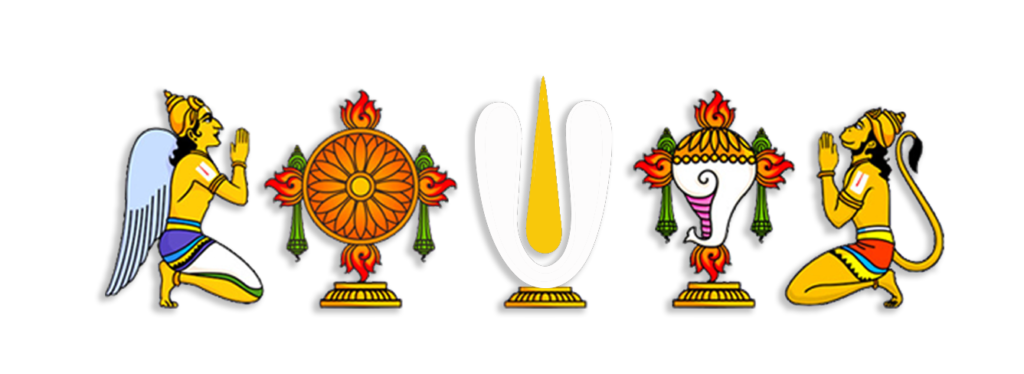Funeral Services
Hindu funeral services hold deep spiritual and cultural significance, reflecting beliefs in the cycle of life, death, and rebirth. These rituals are rooted in ancient Vedic traditions, emphasizing the journey of the soul (Atman) from the physical world to the spiritual realm. For Hindus, death is seen as a transition rather than an end, and the funeral rites (Antyeshti) help guide the soul on its path toward liberation (Moksha).

Importance of Hindu Funeral Services:
- Honoring the Deceased: Hindu funerals are a way to honor the life of the departed and ensure that their soul is at peace. The rituals are meant to provide comfort to the soul and the family, showing reverence for both the physical body and the spirit.
- Guiding the Soul: The core belief in reincarnation means that the funeral rites are designed to aid the soul in detaching from the material world and moving forward to the next phase of its journey. Chanting sacred mantras, lighting the sacred fire (Agni), and offering prayers are key components that help the soul transition smoothly.
- Purification and Liberation: Hindu funeral services involve purification rituals that cleanse both the body and the soul. The use of holy water (often from the Ganges), offerings of flowers, and the recitation of scriptures purify the spirit and aid in its release from the cycles of rebirth.
- Cremation: Cremation is a significant aspect of Hindu funerals. The body is considered a temporary vessel for the soul, and cremation helps release the soul from the physical form. The ashes are often scattered in a sacred river, symbolizing the return to the elements and the divine.
- Support for the Family: Hindu funeral services also provide emotional and spiritual support to the grieving family. The rituals, prayers, and communal gatherings offer solace and help the family come to terms with the loss, while honoring the memory of the departed loved one.
- Karma and Dharma: The funeral rites reflect the importance of fulfilling one’s dharma (duty) and accumulating good karma. By performing these rituals correctly, the family ensures that both their own and the deceased’s spiritual journey is in harmony with Hindu beliefs.
Key Rituals:
- Antyesti (Last Rites): The final rites performed to ensure the peaceful departure of the soul.
- Shraddha: A ceremony performed to honor and offer prayers for the deceased, typically done on the 11th day after death.
- Pinda Daan: Offerings of rice balls to ensure that the soul is nourished and ready for the next phase of existence.
Through these rituals, Hindu funeral services not only help in the grieving process but also fulfill a deep spiritual purpose—ensuring that the soul moves toward peace and ultimately, liberation.

